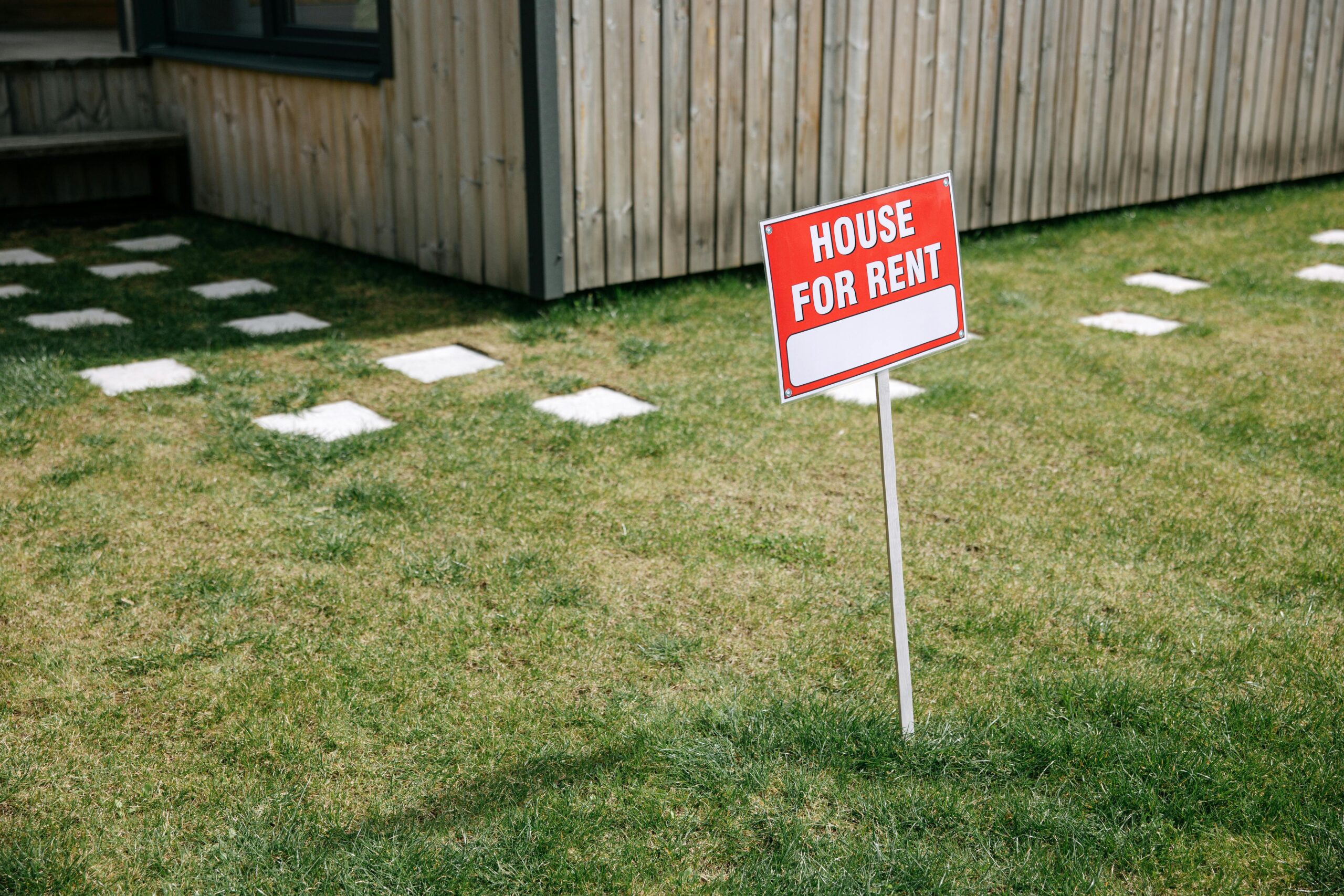
Recently, reports indicate a decline in housing rents across certain regions, providing tenants with more accommodation options than in recent years. A monthly survey of landlords conducted with Crockers Property Management reveals significant shifts in the rental market.
One year ago, 27% of landlords reported finding good tenants easily, but now 24% struggle to do so, reflecting decreased demand due to lower net migration and an increase in rental properties as developers enter the market. This tenant-friendly shift has led more investors to consider selling their properties—up from 30% to 35%—while interest in acquiring new properties has dropped from 22% to 18%.
Despite the current market dynamics, an improvement in bank lending conditions is noted, with 15% of landlords finding loans more accessible compared to a net 10% last year. However, concerns remain regarding rising maintenance costs, insurance, and council rates, making property management increasingly expensive.
Looking ahead, the rental market may not stabilize until next year when fewer landlords and tighter supply could shift the balance. An improving job market in 2026 is expected to encourage more young people to seek independence, further impacting rental demand.
Overall, while interest rates have dropped, the broader economic landscape and rising operational costs may dampen investor optimism.
Source from oneroof: by Tony Alexander
Additional commentary from him can be found at https://www.oneroof.co.nz/news/tony-alexander-rental-markets-dramatic-turn-why-landlords-are-worried-47246?lid=kaldm188wfgc&utm_source=braze_campaign&utm_medium=email&utm_campaign=20250327_OR_Newsletter_Dynamic_Listings_MIN&utm_content=Original&uuid=22c8b01c-6820-4210-bd4c-003f640666d9
The opinions and research contained in this article are provided for information purposes only, are intended to be general in nature, and do not take into account your financial situation or goals.




